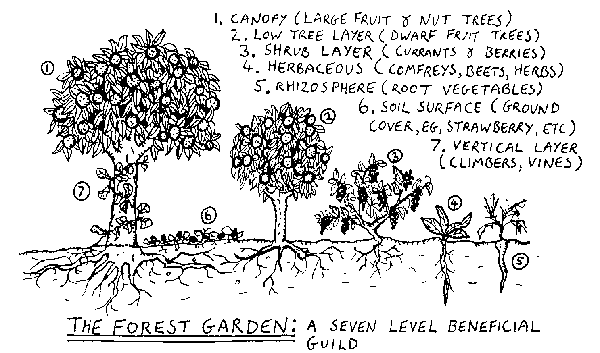









Hamtown Farms-Growing more than food.













Hamtown Farms-Growing more than food.













 I'd love to have a handfull of every variety, but for some degree of "marketablity" of the fruit, I'd like to produce as consistent of a product as possible. With Paw paws, that's already a difficult task. The plan consists of 4 varieties. In time we are considering dropping in filburt trees, another michigan native.
I'd love to have a handfull of every variety, but for some degree of "marketablity" of the fruit, I'd like to produce as consistent of a product as possible. With Paw paws, that's already a difficult task. The plan consists of 4 varieties. In time we are considering dropping in filburt trees, another michigan native.Hamtown Farms-Growing more than food.









hamtownfarms wrote:
. I think I found a responsible and adequate solution relying on reused materials! Bonus!
Idle dreamer




Hamtown Farms-Growing more than food.












Terri wrote:
I have never seen paw paws in the grocery stores, which means that marketing might be difficult. Folks hesitate to try new things, and most people have never eaten paw paws.
I have, and while they are almost as tasty as bananas, there will still be buyers resistance.
The fruit will ripen during a short window of time, and once the trees hit their stride you will have too much fruit to sell in the farmers markets. Is it something that the wholesalers would take?
You might reduce your risk by also planting some trees-like peaches- that are better known.
It is a very exciting concept! I have often wondered why paw paws were not more often seen in the stores! The seeds are a little annoying, but so are cherry pits!
















Hamtown Farms-Growing more than food.













duane McCoy wrote:
hi mike d,
i think consistency is overrated if you know how to market.
Treehugger Organic Farms










Treehugger Organic Farms












I have never met a stranger, I have met some strange ones.




Michael Davis wrote:I'm new. Be nice.
Has anyone out there started out a small urban orchard?
Any tips on irrigation systems? (currently imagining a system of regular and soaker hoses)
Anyone ever establish a 501c3 farm or orchard?
 My suggestion is not to bother with the 501c3 unless you've got a really good reason and then figure it is going to cost you a few thousand extra a year.
My suggestion is not to bother with the 501c3 unless you've got a really good reason and then figure it is going to cost you a few thousand extra a year.









|
It's weird that we cook bacon and bake cookies. Eat this tiny ad:
Extend your growing season with the Hotbed Plans eBook + Self Heating Winter Greenhouse Plans eBook
https://permies.com/wiki/192368/ebooks/Hotbed-Plans-eBook-Heating-Winter
|


